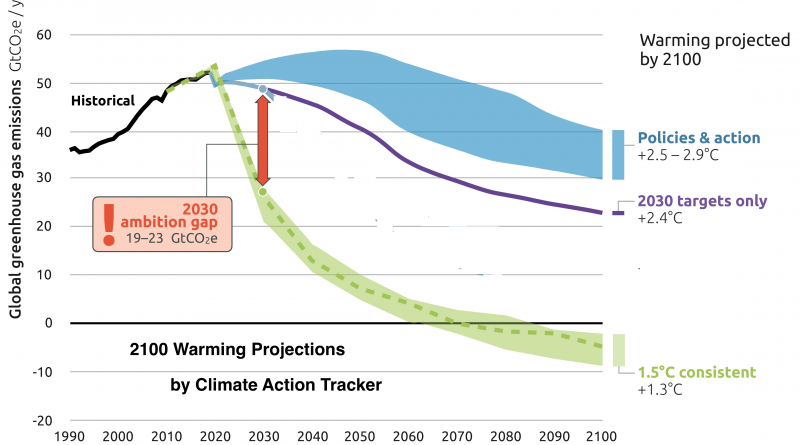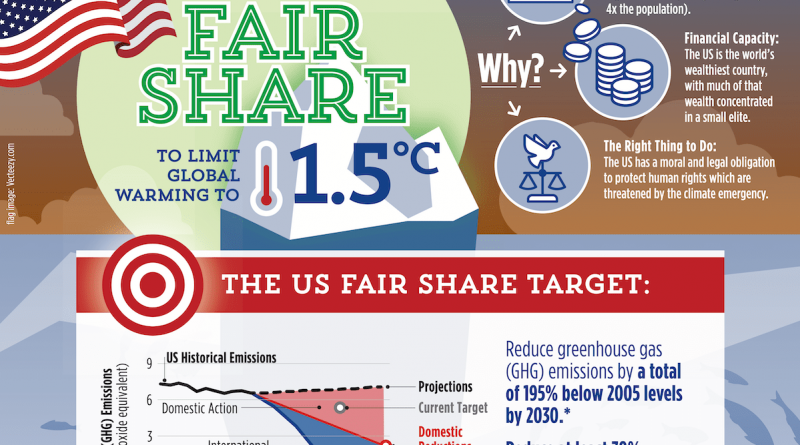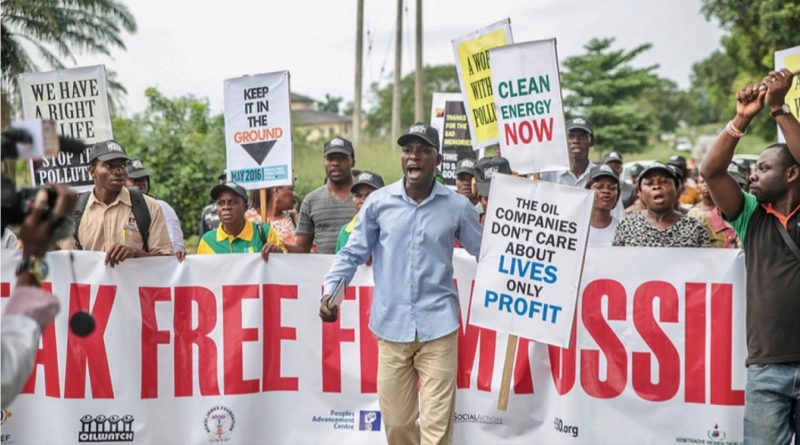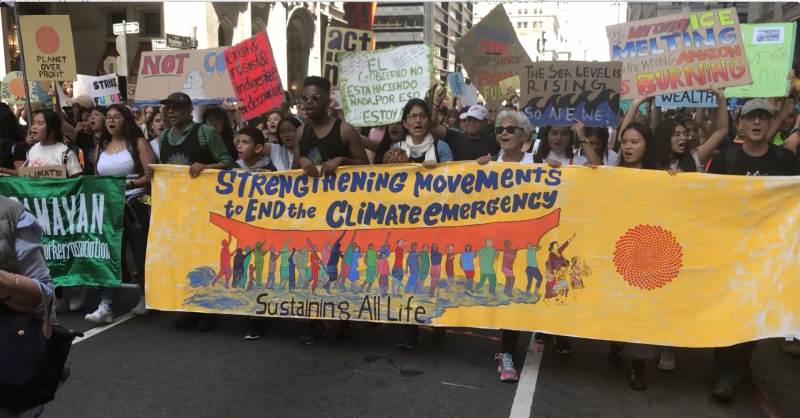Where the Money Is – Solving a Global Problem
Let’s imagine our Earth without any national boundaries for a few moments. Our species, homo sapiens, lives throughout the world–with different cultures and skin colors, but one species. We are all siblings. We share one atmosphere. We all face a huge global crisis – the climate emergency.
People everywhere are being affected by climate change–some much more severely than others. But we are all affected and will be even more affected in the near future–by heat waves, droughts, forest fires, floods, catastrophic storms, disruptions in agriculture and food systems, climate refugees, and more.
The biggest cause of this crisis is greenhouse gas emissions from the extraction and burning of fossil fuels, exacerbated by deforestation and unhealthy agricultural practices. Emissions anywhere, cause climate change everywhere. This means that humanity is going to need to work together to stop emissions everywhere. Stopping emissions in our own geographic region (or country) will not be sufficient to stop climate change. We must move rapidly to stop emissions everywhere.
Read more











